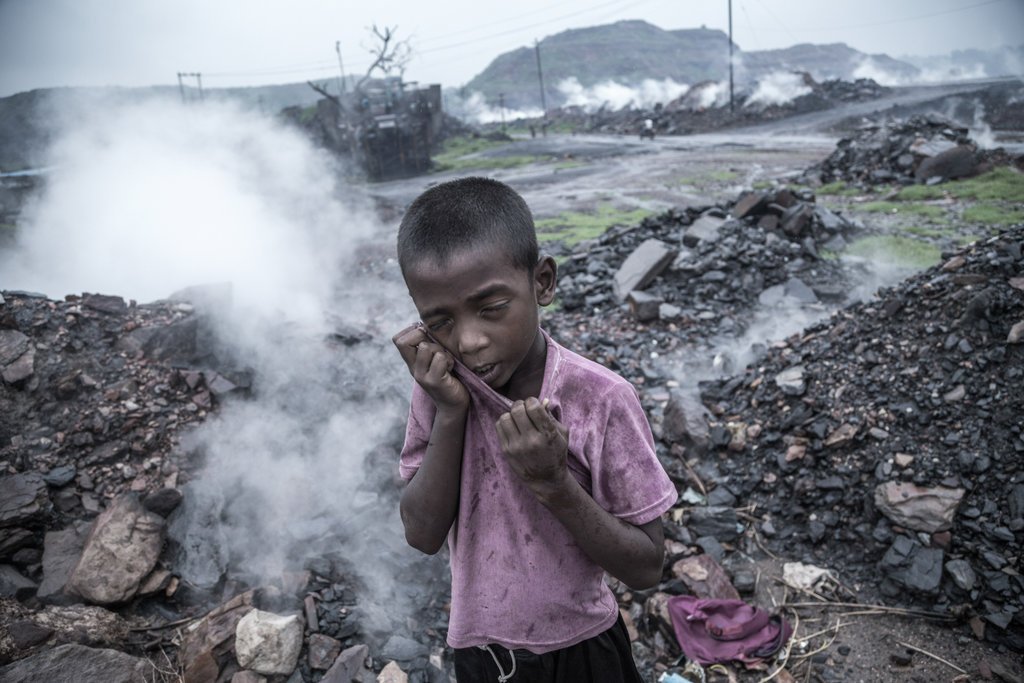Our partners at COP26 are all contributing to a dramatic schedule that will pitch Glasgow to the forefront of the global response to climate change. The Resilience Hub events platform is live on this site and you are invited to register to attend either virtually or in person. Browse the calendar and register your interest here.
Our partners for the Health and Wellbeing programme theme are:
Extreme Heat Resilience Alliance, tackling the growing threat of extreme urban heat.
Mott MacDonald, the international civil engineering consultancy.
What has Health and Wellbeing got to do with resilience?
The impacts of climate change, including extreme heat and other devastating emergencies, are disrupting the health and wellbeing of countless people around the world. As the authors of the 2020 Lancet Countdown report wrote, ‘Indicators of climate change impacts, exposures, and vulnerabilities are worsening. Concerning, and often accelerating, trends were seen for each of the human symptoms of climate change monitored, with the 2020 indicators presenting the most worrying outlook reported since The Lancet Countdown was first established.’ Human health and wellbeing challenges cut across all climate related hazards and geographies, though the worst impacts will be felt by communities with the least resources to adapt.
The World Health Organization states that between 2030 and 2050 climate change is expected to cause approximately 250,000 additional deaths a year, from malnutrition, malaria, diarrhoea and heat stress. Health impacts cause economic strains as well, and the direct costs to health are estimated to be between $2-4 billion/year by 2030. The Resilience Hub at COP26 will provide an unforgettable immersion into the urgency for action while mobilising ambition to deliver a resilient world for everyone.
What does this mean in terms of projects and initiatives on the ground?
For the Resilience Hub, we are focusing on the use of Health and Wellbeing to promote and enable resilience building at different scales and infrastructure lifecycle stages. For example, this could include:
- Solutions as they directly relate to safeguarding health, including nature based solutions, insurance products, early warning systems, community engagement/active citizenship
- Productivity and economic impacts as they link to health.
- Active travel with a net zero response that also has a personal health resilience angle
- Green and blue infrastructure with mitigation, adaptation and health benefits
- Low carbon cooling technology linking with all these three
- Synergies with the health resilience related governance and investment aspects of net zero
How will we know if we’re getting it right?
If we get our collaboration right, now and in the future, we will hope to see:
- Greater awareness of the specific current and future risks that climate change and climate-related hazards pose to human health and wellbeing with a focus on which populations are most likely to be impacted and the associated global ramifications.
- Commitments being made to advance or invest in projects, initiatives, or organisations that help safeguard human health and wellbeing from climate impacts.
- Actionable solutions carried forward from COP26 that will reduce the current and future health impacts of climate change and climate related hazards.
The full programme will be launched shortly, along with the event platform and registration. Sign up using the form on this site and we’ll update you as it goes live.

